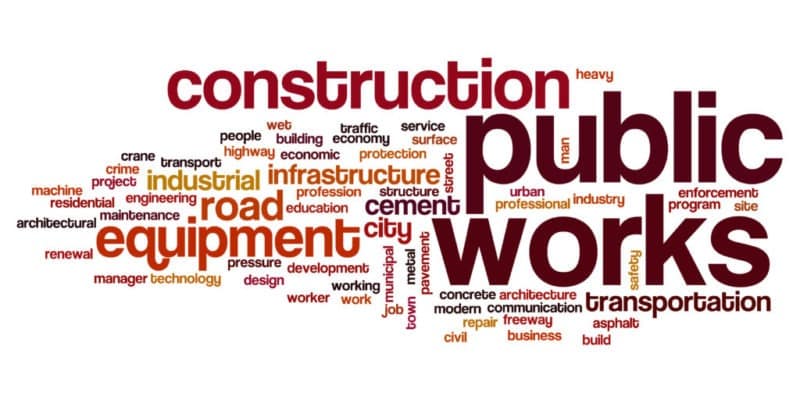By: Erika Strebel
March 16, 2018 1:25 pm
In 2017 alone, Wisconsin’s work to crack down on employers who misclassify workers as independent contractors instead of direct employees has netted nearly $1.4 million.
Because of seasonal layoffs that can muddy the distinction between permanent employees and someone hired for a specific job, worker misclassification is believed to be rampant in the construction industry.
Industry officials have said deliberate misclassification not only deprives the state of taxes and other resources but also gives dishonest companies an unfair advantage by letting them avoid costs that their more honest rivals roll into bid prices.
In 2017, the DWD continued its crackdown on misclassified workers, identifying 6,230 of them and collecting $1.4 million dollars that went back into the state’s unemployment-benefits system, according to a report released by the state Department of Workforce Development. The department also reported conducting 500 field investigations into worker misclassification.
About this same time last year, state officials had reported recovering nearly $1.13 million over the course of more than three years. The state started ramping up its enforcement of worker-misclassification laws in May 2013.









